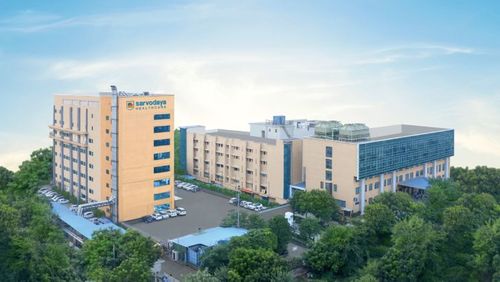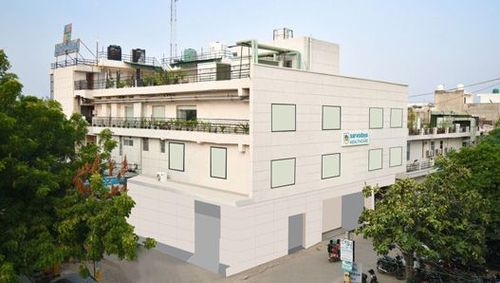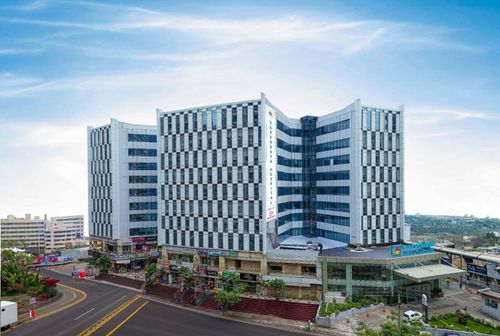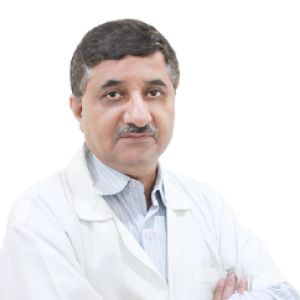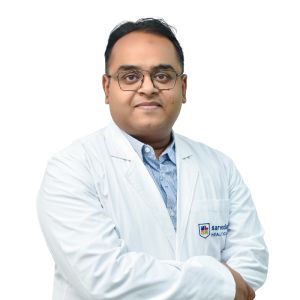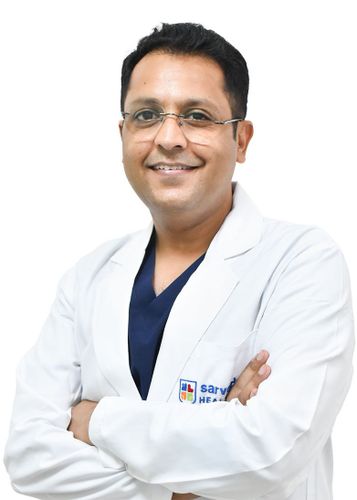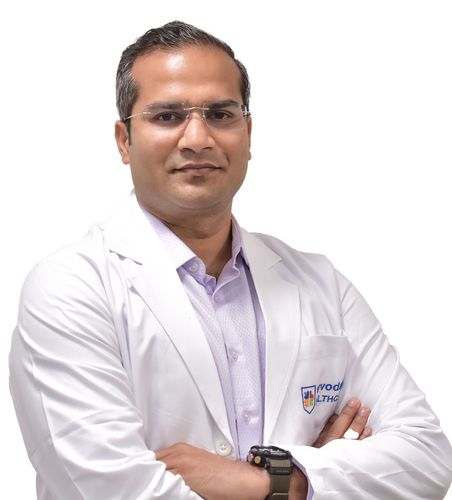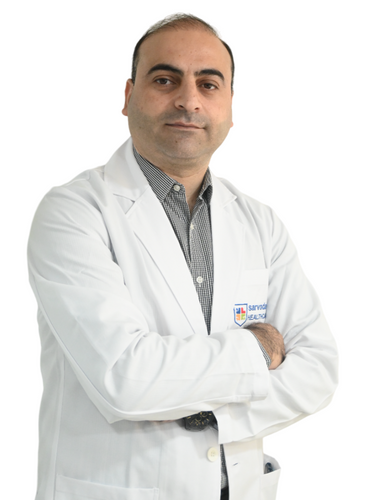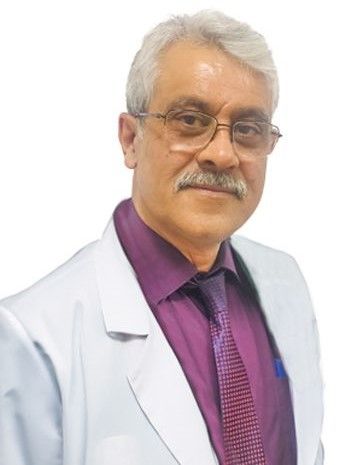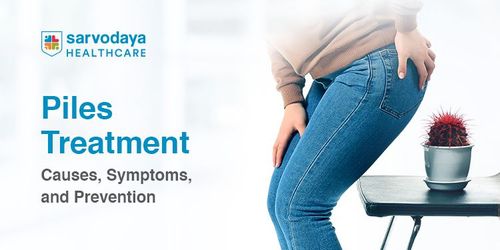Overview
Piles Symptoms
- Bright red bleeding during or after bowel movements
- Itching or irritation around the anal region
- Pain or discomfort while sitting
- Swelling or lump near the anus
- Mucus discharge after passing stools
- Feeling of incomplete bowel evacuation
- Soreness or redness around the anus
- Protrusion of haemorrhoids outside the anus
Piles Causes
- Chronic constipation
- Sitting for long periods on the toilet
- Low-fibre diet
- Obesity or being overweight
- Pregnancy-related pressure on pelvic veins
- Aging
- Family history of haemorrhoids
- Heavy lifting or strenuous physical activity
Piles Diagnosis
- Digital Rectal Examination (DRE): The doctor gently inserts a lubricated, gloved finger into the rectum to feel for abnormalities.
- Proctoscopy: A thin, lighted tube is used to inspect the rectum and lower colon for haemorrhoids or other issues.
- Anoscopy: A small scope helps visualise the anal canal and detect internal piles or bleeding sources.
- Colonoscopy or Sigmoidoscopy: Recommended in some cases to examine the entire or lower part of the colon, especially if bleeding is persistent or unexplained.
Piles Treatment
- Lifestyle Changes: High-fibre diet, hydration, and regular bowel habits help relieve mild symptoms and prevent recurrence.
- Topical Medications: Creams or ointments reduce pain, itching, and swelling.
- Oral Medications: Pain relievers, laxatives, or venotonics may be prescribed to manage discomfort and improve vein health.
- Rubber Band Ligation: A rubber band is placed around the base of internal haemorrhoids, cutting off blood flow so they shrink.
- Sclerotherapy: A chemical solution is injected into the haemorrhoid to shrink it gradually.
- Infrared or Laser Coagulation: Heat is used to close off small haemorrhoids, causing them to shrink and fall off.
- Minimally Invasive Surgery: Laser or stapler techniques offer reduced pain, less bleeding, and faster recovery.
- Stapled Hemorrhoidopexy and Hemorrhoidectomy: Surgical methods used in advanced cases for complete removal or repositioning of haemorrhoidal tissue.
- Advanced Surgical Infrastructure and Skilled Surgical Team: Our OT is equipped with next-gen robotic support and precision tools to ensure safe and effective outcomes.
Piles Prevention & Lifestyle Modification
- Eat a high-fibre diet to keep your bowel movements soft and regular
- Drink plenty of water throughout the day to prevent constipation
- Avoid straining during bowel movements to reduce rectal pressure
- Do not delay going to the toilet when you feel the urge
- Exercise regularly to promote healthy digestion and circulation
- Avoid sitting for long periods on the toilet, which increases pressure on rectal veins
- Maintain a healthy weight to reduce unnecessary stress on pelvic veins
Pre- & Post-Surgery Lifestyle Modifications
Pre-Surgery Modifications
- Follow fasting or bowel preparation instructions
- Inform the doctor about any medications
- Stop smoking
- Maintain personal hygiene around the anal area
Post-Surgery Modifications
- Take prescribed painkillers and stool softeners
- Avoid straining during bowel movements
- Keep the anal area clean and dry
- Avoid heavy lifting or strenuous activity
- Use sitz baths
- Wear loose, breathable clothing
- Attend all follow-up appointments


